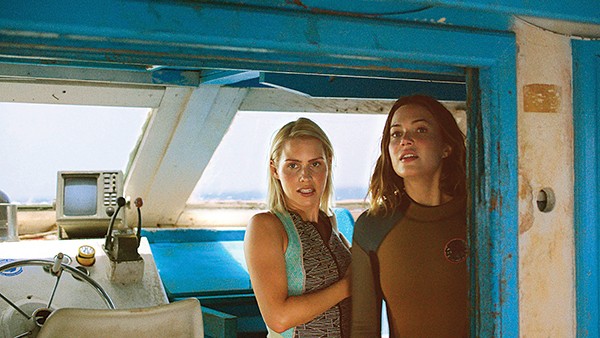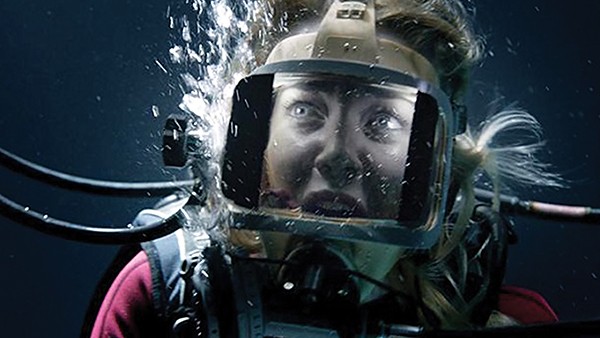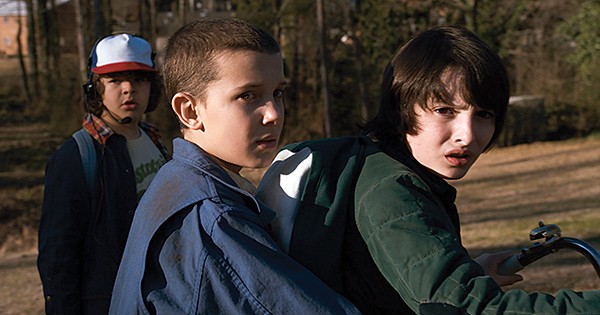The Indie Memphis Film Festival will take place November 1-6, 2017. This will be the twentieth year the festival has brought films produced independently of the Hollywood studio system to the Mid-South, and organizers say they intend to pull out all the stops.

The opening night film will be Thom Pain, the film adaptation of a 2004, one-man play called Thom Paine (based on nothing) by English playwright Will Eno that won the first ever Fringe Award at the prestigious Edinburgh Festival. The star of—and presumably only actor in—the film, Rainn Wilson, will be on hand for the gala screening, which will be the film’s world premiere. Wilson made his film debut in 1999’s Galaxy Quest, appeared for five seasons on HBO’s Six Feet Under, and achieved international notoriety with his portrayal of Dwight on the American version of The Office.
The festival is partnering with the National Civil Rights Museum for a series of films to commemorate April’s 50th anniversary of the assassination of Martin Luther King, Jr. These will include Up Tight, a rarely seen, 1968 independent film by Jules Dassin starring Ruby Dee that includes footage taken at King’s funeral, and the 1970 documentary King: A Filmed Legacy From Montgomery To Memphis by Sidney Lumet.
The work of American indie auteur Abel Ferrera will be celebrated with two screenings: Bad Lieutenant, a 1992 film starring Harvey Keitel as a corrupt cop who cracks up while investigating the rape and murder of a nun, and The Blackout, a 1997 comedy starring Dennis Hopper and Matthew Modine as a director and movie star who get themselves into trouble while drinking in Miami Beach. Ferrera will appear at both screenings, along with his cinematographer Ken Kelsch and editor Anthony Redman.
For its twentieth anniversary, the festival will have a three day block party in Overton Square that will block off Cooper between Union and Monroe. The party will feature the Memphis premiere of Thank You Friends: Big Star Live…and More, a concert film of Big Star’s Third album performed live by an all star band that includes members of R.E.M. and Wilco, and Robyn Hitchcock, among others, with the sole surviving original Big Star member Jody Stephens on drums. “The Indie Memphis team went all out this year to celebrate our 20th anniversary,” says Indie Memphis Executive Director Ryan Watt. “The addition of the block party and more venues will make this our largest and most eclectic festival to date. I’m most excited to see our audience and filmmakers, local and traveling, come together as a community to discuss what they’ve seen after each credits roll.”
The festival’s competition lineup will be revealed at a party at the Rec Room on September 26. Organizers have had a record number of entries this year and expect to screen at least 200 documentary, narrative, experimental, and animated features and shorts during the festival’s weeklong run. Festival passes are on sale now at the Indie Memphis website.



